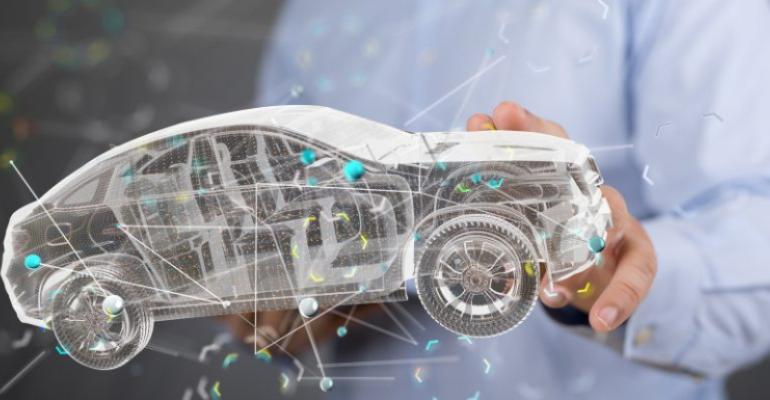Of the various types of mobility services that are currently being offered as alternatives to or as new models of car ownership – e.g., ride-sharing, car-sharing – car subscription is the most recent to appear in global markets and may be the most dynamic currently.
The vehicle subscription market was valued last year at just over $4.2Bn and is widely forecast to grow at a CAGR of about 22% in the near and medium-term, reaching an estimated value of $21Bn by 2030. The reasons for the growing popularity of this vehicle-as-a-service model among users are fairly obvious: it is flexible, economical, and user-friendly, with convenient booking, pickup, drop-off and servicing. In addition, the vehicle usually comes with insurance and, often, the option of changing vehicles after a specified period or, in some cases, depending on need. Maintenance is usually included in the contract, as are breakdown charges. In other words, car subscription offers the consumer all the advantages of car ownership without any of the drawbacks. It also offers users a business model with which they are already familiar from music subscription services such as Spotify and film streaming services such as Netflix.
According to Hans Kristian Aas, CEO and co-founder of the Norwegian mobility services provider imove, another major factor in the rapid growth of car subscription services is that it offers many benefits to the service provider, be it a car manufacturer, car dealer, car rental firm or even, increasingly, a non-automotive company such as an insurer or finance company. “Car subscription can enable insurance and finance companies to take a significant share of the large automotive economy,” he says. “As their role of insuring the end-consumer transitions to insuring the provider's fleet, ecosystem partnerships can be established. If these players decide to offer their own subscription service, they’re able to maintain their relationship with the consumer and even expand customer groups.”
Insurance companies that have ventured into car subscription include Liberty Mutual and Assurant. Because insurance companies don’t have their own cars, they need to team up, Aas says. “They could of course buy cars but that’s not scalable. Typically, they partner up with financial services. Then the insurance company insures the cars and also has the relationship with the end-user.”
In addition, Aas says that many car manufacturers regard their subscription service as a way to boost new car sales. “Some of the larger players are building subscription into a new business model. It is expected that car subscriptions will make up 25% to 30% of new cars being sold by 2025.”
In September of last year, Volvo announced that its Care by Volvo subscription service accounted for “almost 15% of Volvo’s UK new car retail business, equivalent to 7% of the brand’s total UK new car sales” in its first year on the market. The company noted that the service was a “valuable source of conquest sales, with 91% of its customers being new to the Volvo brand.” A Volvo spokesperson said via email: “The aim is for subscriptions to make up 100% of sales by 2030, in the UK and worldwide.”
Furthermore, according to Aas, “A lot of the margins in the automotive industry are in the ecosystem services around it. Very few car manufacturers are profitable if you take away their financial services.” This is why many manufacturers have turned to offering a car subscription service and regard it as part of a car’s life cycle, from which they can derive additional revenue streams. In the past, the manufacturer produced an automobile and sold it to an importer, who would put it into the dealership network where the end-user would purchase it. And that would effectively be the end of the manufacturer’s profit from the car.
“Now they can, for example, put the car in a car-sharing service at first because the value depreciation on the car is so high at the beginning,” Aas explains. “And when it makes sense financially, they can move it into a car subscription. That way they are building recurring revenue on a car for a longer time. And they provide the insurance and financing, which adds to the margin.” As a result, industry players are now pushing the subscription business model and, from the other side, consumers prefer to access a car with subscription because it’s more flexible, more convenient and the costs are not fragmented, as in ownership. In other words, car subscription is a win-win for both service providers and consumers.





